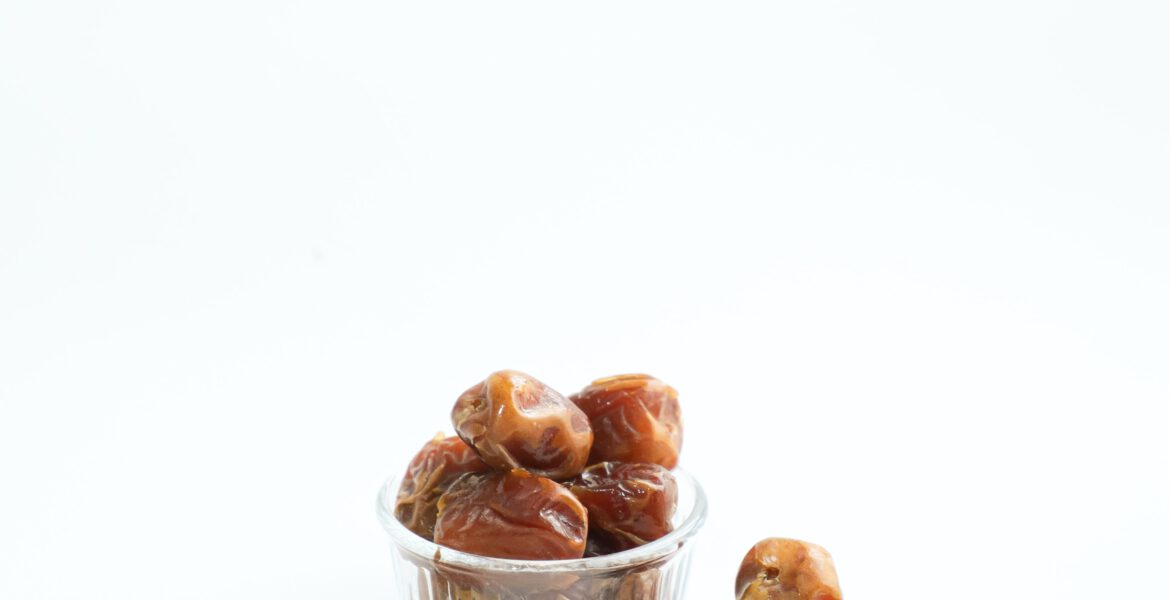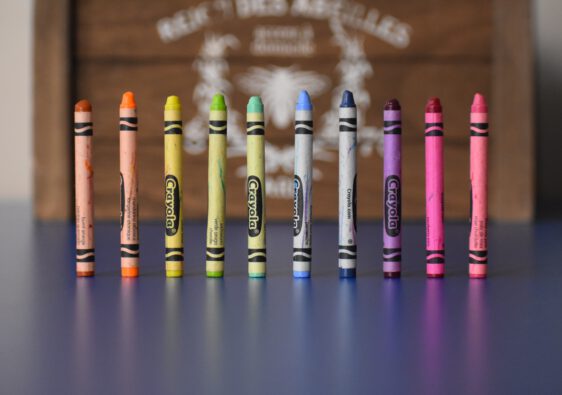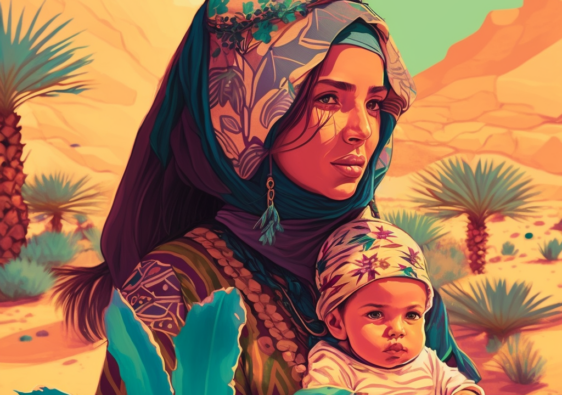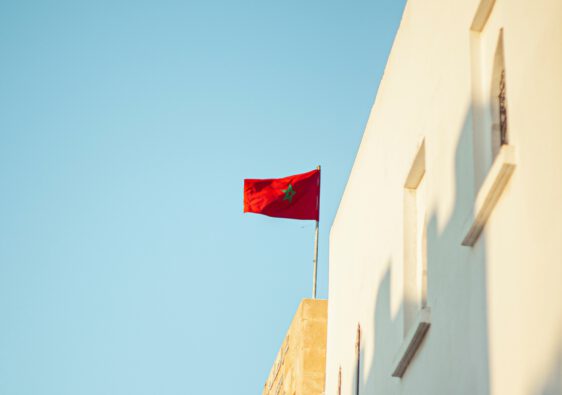Not Even Water
As a Muslim woman living in a non-Muslim majority country, I very often hear people complain about missing the “spirit of Ramadan”. In addition to being the holiest month of the Islamic lunar calendar and one of the 5 pillars of Islam, Ramadan is a whole culture. It goes beyond the religious practice to include the sounds and smells of the season, the shifting of the rhythm of social life, the fashion, the gastronomy…
In Morocco, the celebrations and preparations begin in Sha’ban – the Islamic month before Ramadan. Parties, pastry making, shopping … everyone gets physically, emotionally and spiritually ready for the holy month. Children are part of the whole process and are at the center of most activities. These rituals and traditions participate into the socialization of children into the values of Ramadan and make them look forward to it, long before they are even required to fast. No matter where you are in the world, traditions give structure to what it means to be a family or a community. They create fond memories for children to carry forward into their own families. In my circle, even people who have stopped observing or believing still enjoy the seasonal treats and atmosphere.
Spending Ramadan in both ‘worlds’ helped me reflect on what it means to observe the fast outside of the mainstream context. And as a mother it made me reflect on how to make this month count for us as a Moroccan/German family but also on how to make it compatible with our Bavarian reality.
Just like Christmas, Hanukah or Easter, Ramadan and the main Islamic ‘Eids’ are a blend of religion, culture, tradition, marketing and consumerism. Having lived in different cultures, my identity has been reformed and stretched many times. For practical reasons, I had to identify what aspects of my national, ethnic, religious and cultural background are truly important to me. It sorts of cleared away the cultural and societal clutter and allowed me to identify the things I truly cherish and want to keep and pass on to my child as part of our identity and things I chose to dismiss. Concerning Ramadan, no matter where in the world I am, no matter how long the fasting hours are, as long as I am physically able to, I would observe fast and celebrate ‘Eid’ and trust me it takes extra-intentionality and a lot of will.
In my family, we do not celebrate Ramadan in the same way that I did when I was a child. And to be honest, I don’t think many households in Morocco still do. I do not feel a sense of loss from this change; some rituals and traditions can become hollow, when followed with too much stress and obligation.
I do not need to live in a Muslim country, to feel connected to my Muslim identity and celebrating outside of the cultural norms is an opportunity as it leaves room for more creativity. I cannot and don’t want to replicate the spirit of Ramadan as I know it, but I can create one that fits my new context. We have the freedom to adopt new ways and create a beautiful balance of a little tradition from our homeland and a little from our new land. Something we can sustain and that will always bring us joy.
This topic can be very sensitive when discussed amongst Muslim immigrants. I can understand that when confronted with the ‘Other’ some people can feel the need to strongly cling to their old identities sometimes even more strongly than they would in a ‘normal’ setting. However, what does not evolve is bound to disappear. Immigrant life has forced me to be practical about certain things. And maybe because I was born and raised in my culture of origin, I have the feeling that I own it and consequently I can re-invent and re-define it without seeking anyone’s approval. I would rather create my own version of the celebration than give it up. When I was younger, my family adapted many Moroccan habits and traditions to our context. The first example that comes to my mind is “Friday Couscous”. Friday is couscous day in Morocco, it is similar to the western ritual of gathering for a Sunday dinner with family. Because of work and school, we were not able to meet every Friday to enjoy our weekly couscous together, so my mom declared Saturday the new couscous day. It worked better for our family and allowed us to keep that tradition alive.
During the many Ramadans I have spent abroad; I have never desperately looked for ethnic food or asked my mom to send me a box of Moroccan delicacies. Finding Moroccan ‘shebakia’ is always great but I can still have a fulfilling Ramadan without it. In my family, my grandmother is very famous for making the best orange sponge cake and every time one of her grandkids misses a family gathering, she makes sure they get their share. It always makes me happy to get mine but to be honest, I have always found the cake tastier in my grandmother’s house. I kind of have the same relationship with Ramadan culture. I absolutely love most parts of the Moroccan traditions and rituals I grew up with and I have imported some of them to my Bavarian home, but it makes no sense, practically and emotionally to replicate them.
This leads me to the reason why I have written this piece.
Ramadan for Muslims living in non-Muslim majority countries is a strange mixture of the familiar and the unknown. As an immigrant, I can continue to rely on the culture of my origins, but what about the others who do not have a reference point; like converts for example? Or third, fourth generation immigrants? Mixed couples?
I am not in any way suggesting that there should be a monolithic culture of Ramadan for all German/French/Canadian… Muslims, but I mean to argue that people should reflect on how to make Ramadan (or any other minority festival for that matter) part of their culture and make it as enriching for the next generation as it has been for them.
Today I would like to raise the following questions:
- What are the cultures of Ramadan for German, French, American, Canadian … Muslims?
- Are these cultures already present, or do we, as Muslims, need to invent them?
- How should minorities’ festivals be embraced?
Photo by Dwi Agus Prasetiyo on Unsplash






